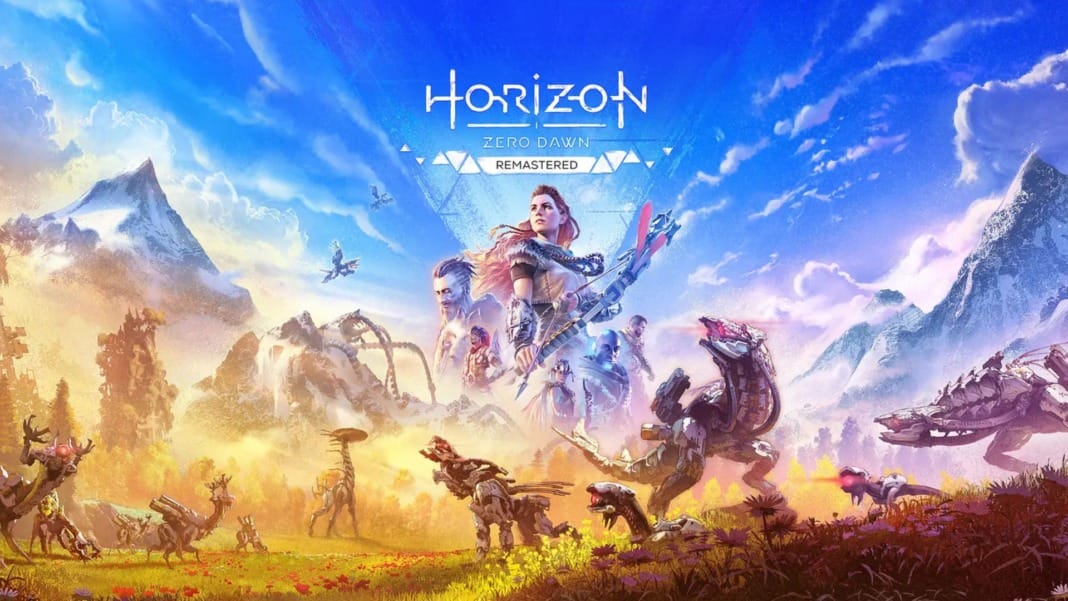In recent developments, X, formerly known as Twitter, has taken action to block users from sharing links to a newsletter that contains a hacked document. The document in question is alleged to be research conducted by the Trump campaign into vice presidential candidate JD Vance. This newsletter was written by journalist Ken Klippenstein, who has since been suspended from the platform. If you attempt to search for posts containing links to Klippenstein’s newsletter, you will find nothing.
The origins of the document are reported to be from an Iranian hack targeting the Trump campaign. While other media outlets received similar information from the hack, they refrained from publishing it. According to Klippenstein, a source, “Robert,” who used an AOL email address, provided him with the document. The content includes personal details such as Vance’s full name, his address, and a portion of his social security number.
X takes action against personal information breaches
X explained the situation through a post on its safety account, stating that Klippenstein’s account was “temporarily suspended for violating our rules on posting unredacted private personal information.” However, the company did not clarify why links to Klippenstein’s article are still blocked. The X account associated with Klippenstein’s newsletter, KlipNews, confirmed the suspension, stating, “Ken Klippenstein has been banned by Twitter for publishing private information in contradiction of its rules.”
Ken Klippenstein has been banned by Twitter for publishing private information in contradiction of its rules.
— KlipNews (@klipnewsorg) September 26, 2024
The move has raised questions about X’s current policy on hacked materials. Before Elon Musk acquired the platform, Twitter had a clear policy about such content. However, the relevant page on this policy is no longer accessible. Back in 2019, Twitter’s hacked materials policy prohibited posting or linking to hacked content. This led to the blocking of links to a story by The New York Post about Hunter Biden, the son of the current president, which became a widely debated issue. In October 2020, after receiving backlash over the handling of the Post story, Twitter revised its policy, stating it would no longer block hacked materials. Jack Dorsey, the then-CEO of Twitter, acknowledged that blocking links outright was a mistake and updated the enforcement rules accordingly.
Straight blocking of URLs was wrong, and we updated our policy and enforcement to fix. Our goal is to attempt to add context, and now we have capabilities to do that. https://t.co/ZLUw3YD887
— jack (@jack) October 16, 2020
Musk’s take on blocking media links
Elon Musk, who now owns X, was particularly vocal about his discontent with the decision to block links to the Post story. In April 2022, he described the suspension of a major news outlet’s account for publishing a factual story as “incredibly inappropriate.” Musk even allowed former Rolling Stone journalist Matt Taibbi to review internal Twitter documents to see how the decision was made. Ironically, in the process of sharing his findings, Taibbi exposed email addresses belonging to both Jack Dorsey and Representative Ro Khanna.
Despite the changes in X’s policy over time, it remains unclear why Klippenstein’s article is still blocked. The message stated, “We can’t complete this request because this link has been identified by X or our partners as being potentially harmful.” It seems the block remains in place for now, leaving the reasoning behind the decision in question.





